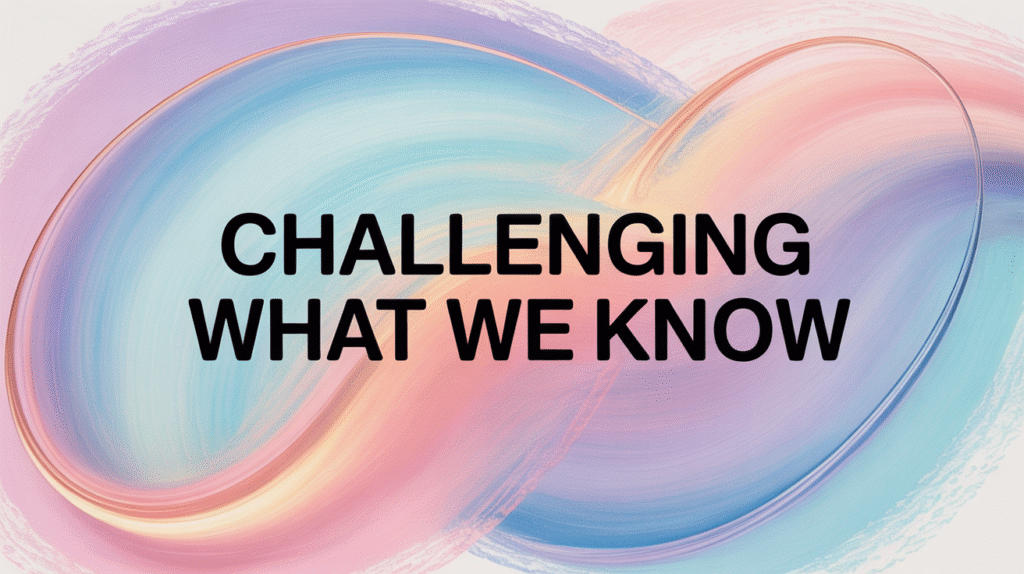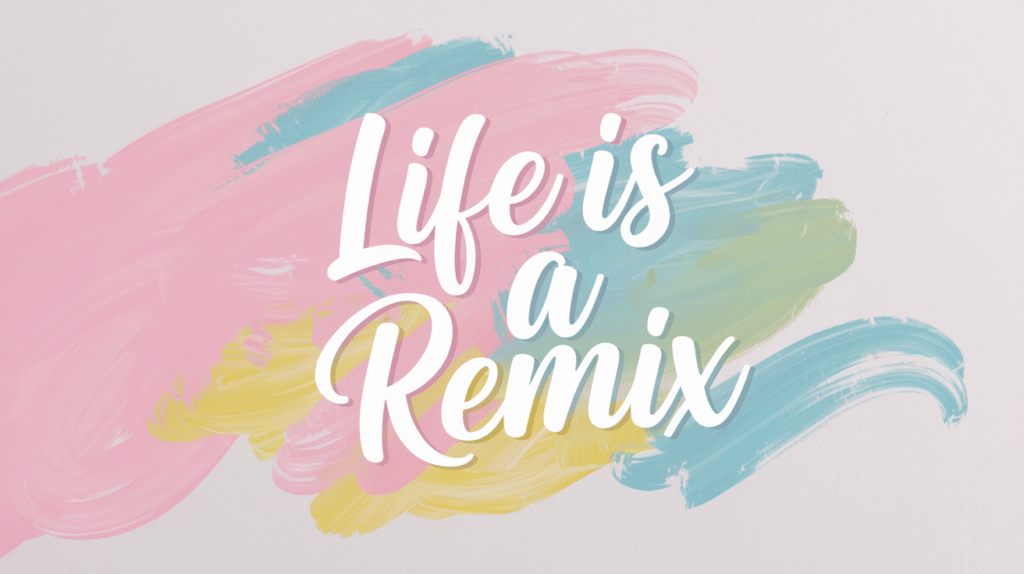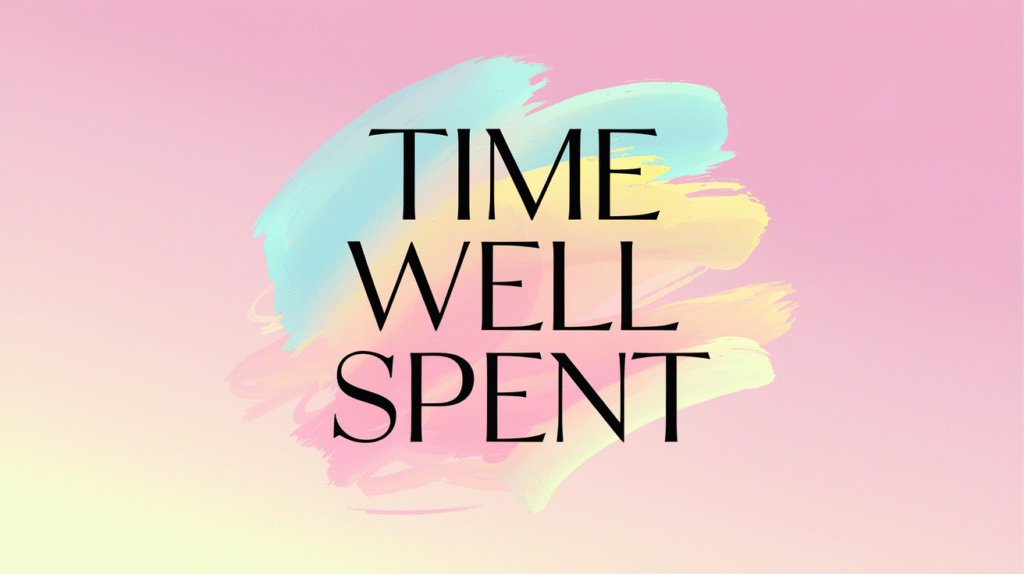
Rethinking the Meaning of Being Educated
To be truly educated isn’t about collecting facts or reciting information. It’s about learning how to think, how to question, and how to stay curious in a world that’s constantly changing. Memorization might earn you grades, but it rarely fuels growth. Real education sparks a desire to explore, to ask why things are the way they are, and to investigate what lies beneath the surface. It invites us to see the world through a lens of discovery, like hearing a familiar song but catching a new lyric that changes everything.
When we engage with information critically, we uncover layers we hadn’t noticed before. A book isn’t just a collection of printed words—it’s a conversation waiting to happen. A classroom isn’t just a place to listen—it should be a space to challenge and reflect. What does education mean to you? Is it about earning credentials, or is it about becoming more aware, compassionate, and thoughtful? If we aren’t questioning the world around us, can we really say we’re learning at all?
Facing the Discomfort of Cognitive Dissonance
Cognitive dissonance is that uneasy feeling when we realize two things we believe might not fit together. It’s like hearing a wrong note in a melody you thought you knew by heart. Maybe it’s a fact that challenges your worldview or a new idea that doesn’t align with what you’ve always assumed. Instead of avoiding this discomfort, what if we embraced it as part of growth?
That tension is where real transformation happens. We begin asking ourselves, “Why do I believe this?” or “Could there be more to this story?” These questions aren’t signs of weakness—they’re evidence of an expanding mind. When was the last time something challenged what you thought you knew? Did you resist it, or did it inspire you to learn more? Leaning into that friction may be one of the most powerful ways to grow.
The Risk of Surface-Level Learning
An education system that favors memorization over meaning does more harm than good. It’s like skimming song lyrics without ever listening to the music. When learners are trained to repeat rather than reflect, we lose the ability to navigate complexity or adapt to new information. We stop asking questions, and worse, we stop wanting to.
Without critical thinking, we become passive consumers of information—easily swayed, easily misled. How often do we scroll past headlines, assume truth without verification, or cling to what’s comfortable? The world doesn’t need more people who know the answers to test questions. It needs people who can look at a problem and ask better questions. Are we equipping each other to do that? Are you being taught how to think—or what to think?
Creating a Culture of Curiosity
If we want change, we need to reshape how we approach learning. That means shifting from reciting facts to engaging deeply. It means valuing open-ended questions over tidy conclusions. Education should be a place where it’s safe to explore uncertainty, to make mistakes, and to revisit ideas you once held as truth. Curiosity isn’t something that belongs only to children—it’s a skill we should be nurturing for life.
Teachers and mentors play a massive role in this transformation. When they encourage dialogue, challenge assumptions, and show vulnerability in their own learning, they create space for honest inquiry. How can we build more spaces like this? How can you, in your everyday life, promote conversation that values understanding over agreement? If we want to build a more compassionate and thoughtful society, curiosity has to become part of our daily rhythm—not just something we turn on when it’s convenient.
A Lifelong Commitment to Learning
Being educated doesn’t mean you stop questioning once you’ve graduated. It means you stay open—open to changing your mind, open to new information, and open to perspectives that complicate your own. Education is a living process, one that invites humility and requires constant tuning. The more you learn, the more you realize how much you still don’t know—and that’s the point.
How do you keep growing when what you learn forces you to unlearn something else? What beliefs do you hold today that you might revisit tomorrow with more insight, more compassion, or more depth? Instead of fearing uncertainty, what if we saw it as an invitation to listen more closely, think more carefully, and feel more deeply?
Let these questions guide your path forward. In a world full of noise, real learning still sounds like a song worth playing again and again—each time with more meaning, more harmony, and more truth.



